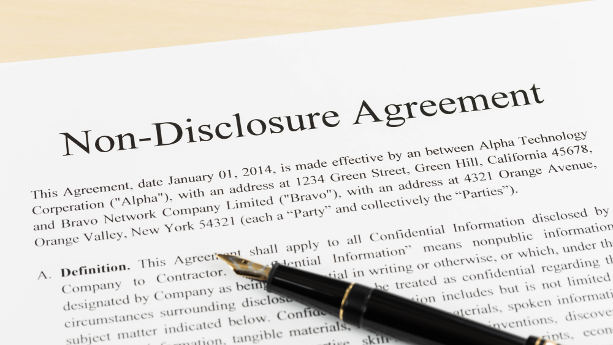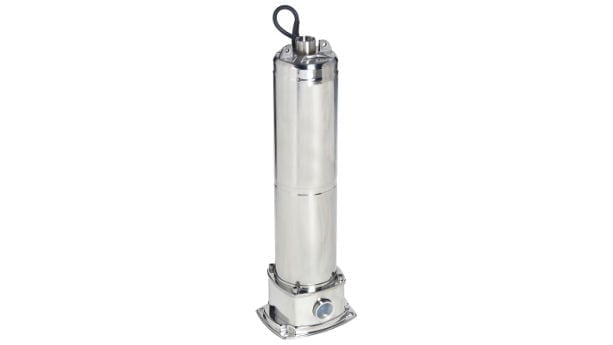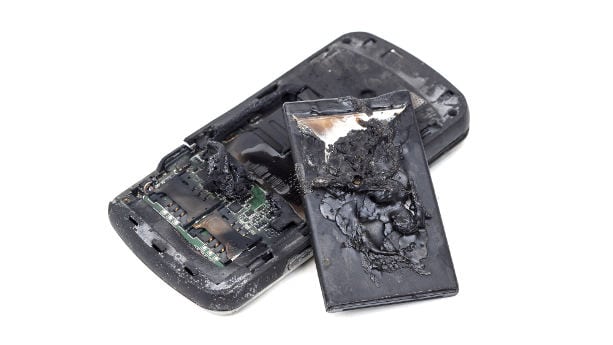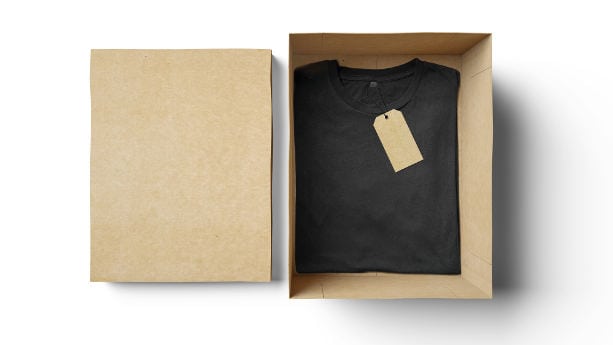
An interpreter can be an indispensable partner while visiting manufacturers in China, if managed the right way. Managed the wrong way, they might communicate incorrect and conflicting information about your expected order terms, and product specifications – something that can result in disastrous quality issues further down the line.
In this article, you will learn how to prepare your interpreter, whether you should work with a freelancer or agency, and how much you should expect to pay.
What can Interpretation Service providers offer?
The role of an interpreter is to provide oral translation between two parties, for example during a negotiation. Translators, on the other hand, only deal with texts.
Importers often make use of Interpreters as representatives and assistants during factory visits and negotiations.
While most export focused factories have English speaking staff, an experienced interpreter can help buyer’s get their points across to the (often non-English speaking) factory boss, negotiate prices and prevent misunderstandings.
In addition, interpreters also tend to help their customers with booking hotels, trains and other transportation between factories – something that can be hard if you don’t speak a word of Mandarin Chinese.
As such, interpreters often work as all round assistants for people coming to China. Continue reading Interpreter Services Providers & Freelancers in China: A Complete Guide













